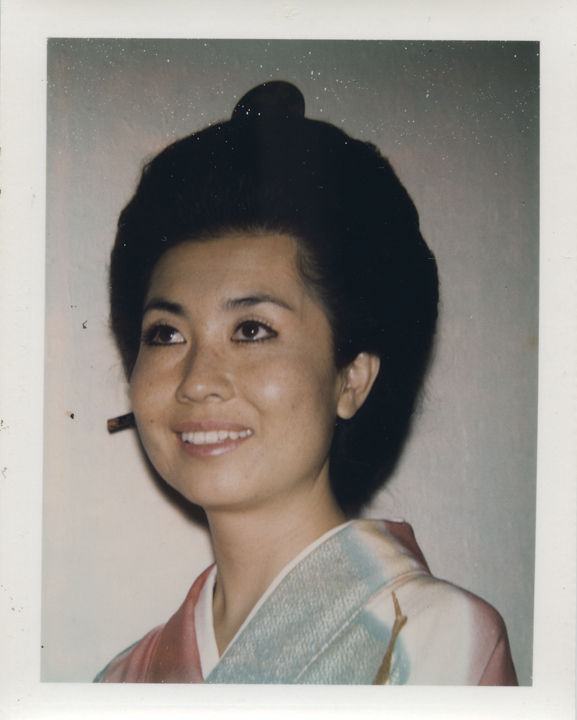Contributed by PAFA Museum Collections
One of the more interesting groups of works in PAFA’s collection that is being digitized for our current IMLS grant is a set of personal Polaroids taken by Andy Warhol. These were largely created during the 70’s and 80’s and whose subjects include what seem like friends, models, and Warhol himself, all in various poses and stages of attire and undress that, when seen together, read like something between art reference photos and contemporary social media posts. Returning figures include named entities like “Kimiko Powers,” “Mr. Black,” or “Ted Hartley,” among other unidentified individuals. Some feel candid, while others clearly posed and staged, but something about them all feel both intimate and enigmatic. Within PAFA’s larger permanent collection, with its historic slant and focus on traditional techniques and subjects, these entries are certainly unique.


About the Institute of Museum and Library ServiceThe Institute of Museum and Library Services is the primary source of federal support for the nation’s libraries and museums. We advance, support, and empower America’s museums, libraries, and related organizations through grantmaking, research, and policy development. Our vision is a nation where museums and libraries work together to transform the lives of individuals and communities. To learn more, visit https://www.imls.gov/and follow us on Facebook and Twitter.
